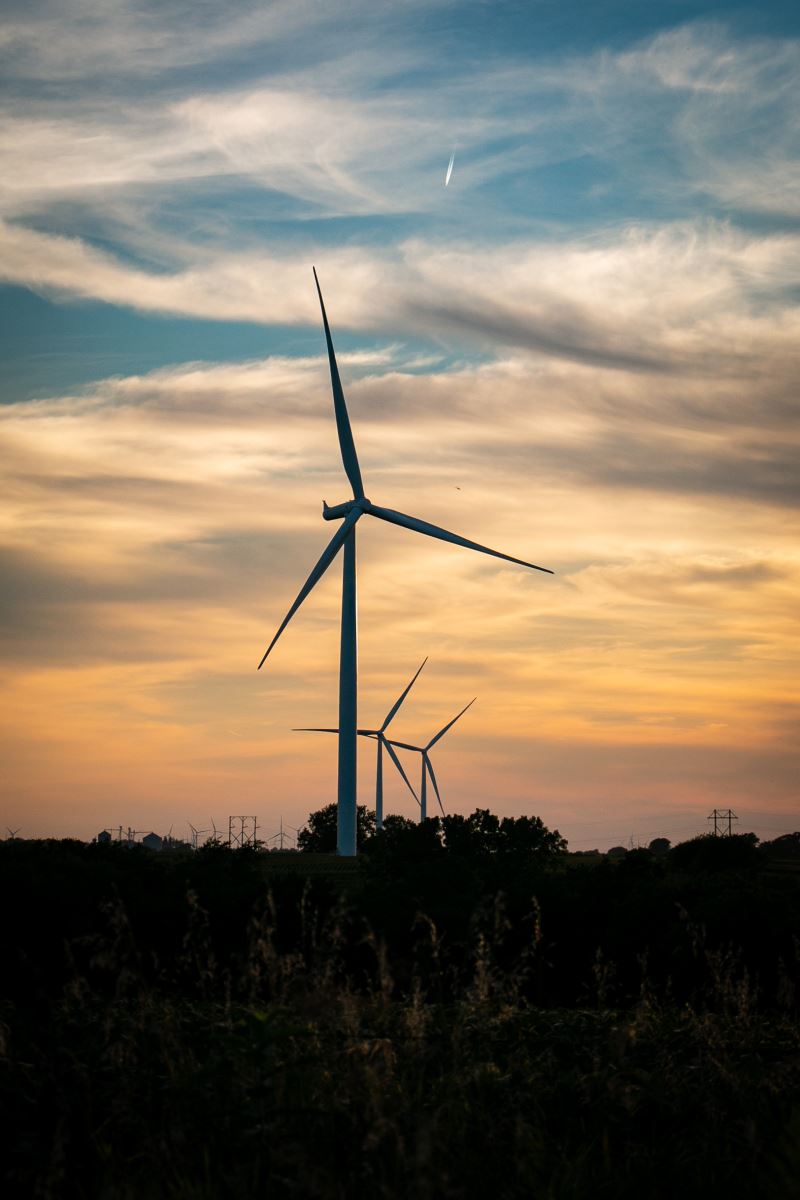IEC celebrates federal climate action
posted
on Wednesday, January 20, 2021
in
Council News
 The Iowa Environmental Council is inspired by recent activity on federal climate policy, including the announcement today that President Joseph R. Biden has committed the U.S. to rejoining the Paris Climate Accord.
The Iowa Environmental Council is inspired by recent activity on federal climate policy, including the announcement today that President Joseph R. Biden has committed the U.S. to rejoining the Paris Climate Accord.
This announcement comes following several positive climate-related actions and signals a focused commitment from the new administration. President Biden has created a new cabinet-level position, the U.S. Special Presidential Envoy on Climate, to be held by former Secretary of State John Kerry, and named Gina McCarthy, former head of EPA, as national climate adviser. His selections to lead EPA and the Department of Energy also bring extensive experience to their roles.
“The application of rigorous science, a clear understanding of how policy can affect change, and the readiness to take action is critical to battle climate change and protect our environment,” says Ingrid Gronstal Anderson, IEC Water Program Director.

The Council expects to see several actions in the coming weeks from the administration to reverse damaging changes in environmental protections. The ability to take quick action on climate is also bolstered by yesterday’s decision by a federal court to strike down Trump’s Affordable Clean Energy rule, allowing Biden’s EPA to get to work drafting a new rule immediately.
“We are hopeful for the great promise that responsible, effective action can have to mitigate the worst effects of climate change, while also driving growth and innovation for our nation and right here in Iowa,” says Kerri Johannsen, IEC Energy Program director.
“Iowans earn millions of dollars from renewable energy development and enjoy low energy rates. Advancing our efforts to grow renewable energy, move to electrification, increase energy efficiency, adopt zero-emission transportation options and more will bring positive and beneficial changes for the health of everyone in our state, in our nation, and around the world.”
- carbon pollution
- clean energy
- climate change
- energy efficiency